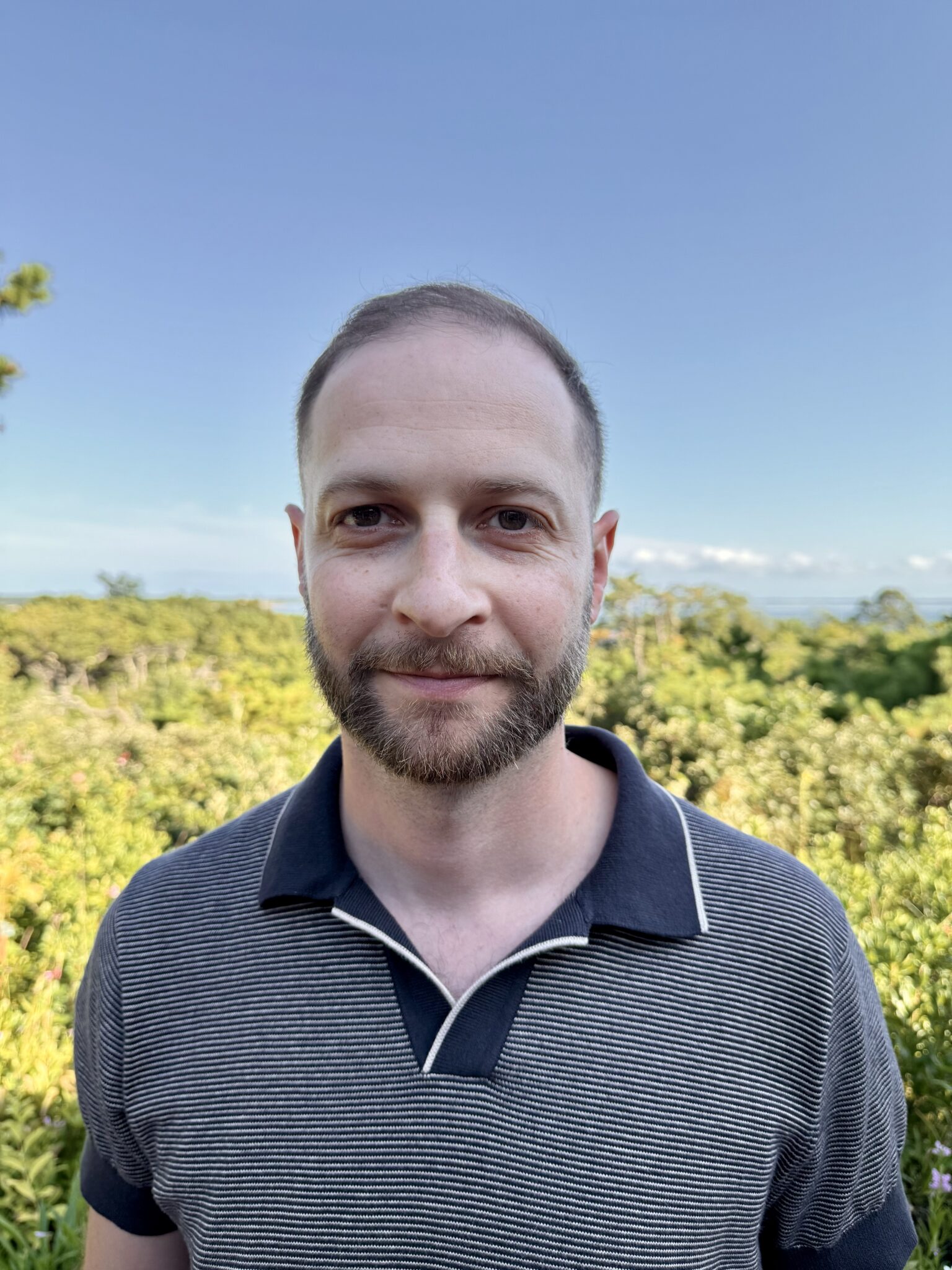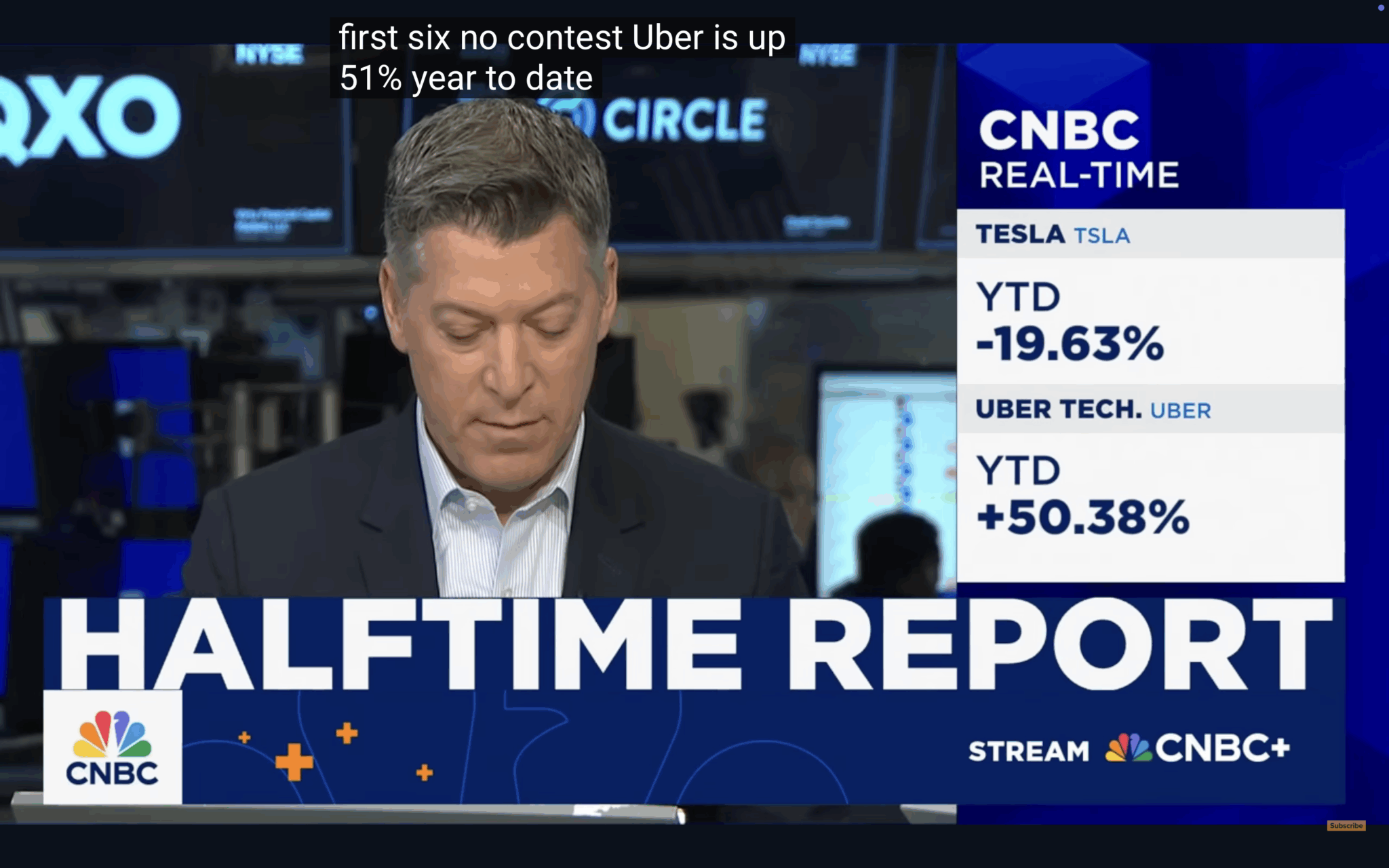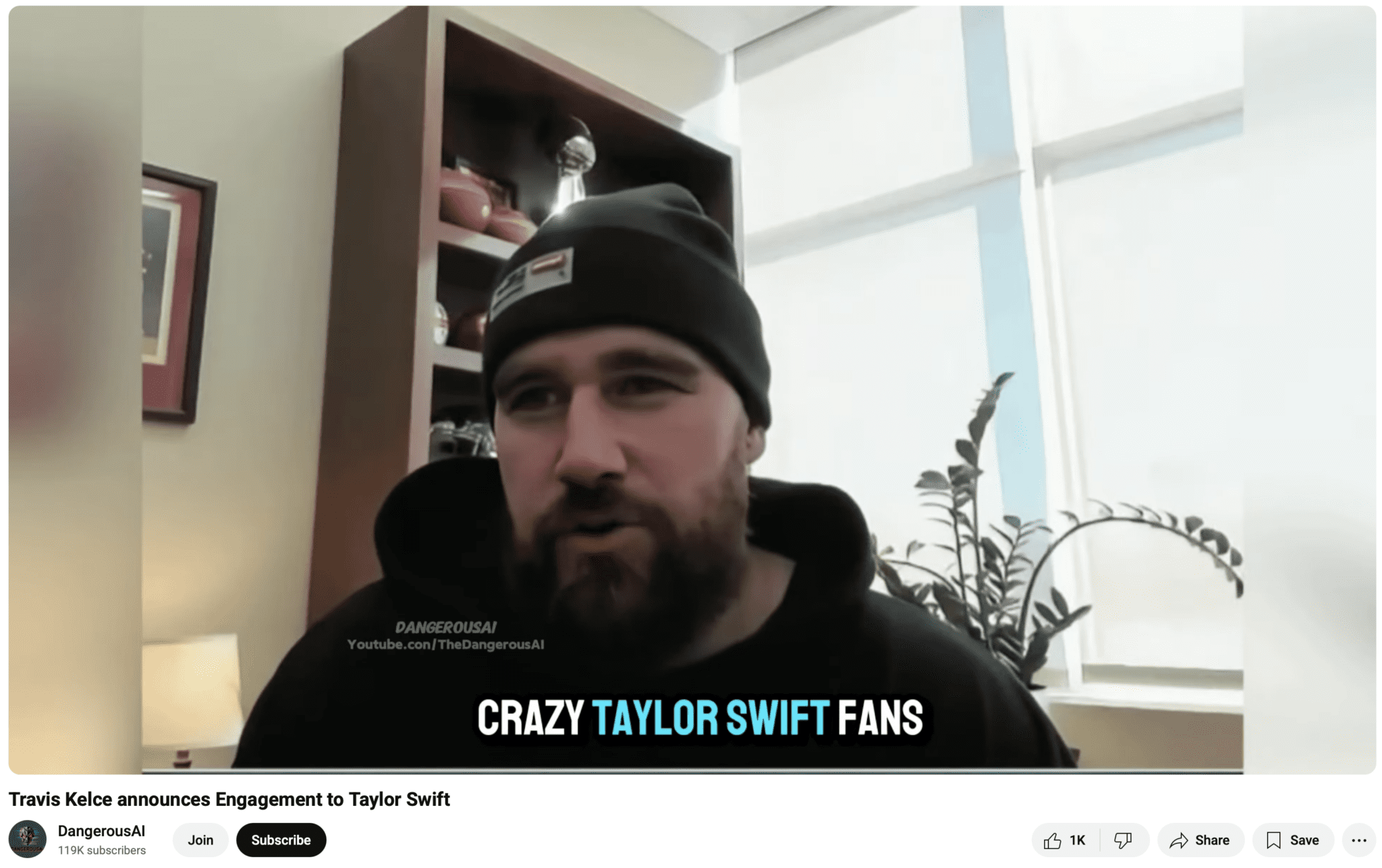Meet the winner of the Q2 2025 “Right!” said FRED Challenge
The winner of the Q2 2025 “Right!” said FRED Challenge, Josh Jamner, is an investment strategist who has worked in both buy- and sell-side research roles over the course of his 16-year (and counting) career on Wall Street. Josh is known as jjamner on GJ Open and lives in New York City. In this interview, he discusses his interest in and approaches to forecasting, and how the Liberation Day tariff announcements (and their aftermath) affected his forecasting for this challenge.
GJO: To start, could you tell us a bit about yourself and your background?
Of course. I was raised in Connecticut about an hour outside of New York City, attended Colby College in Maine, where I was a Government major and Economics minor, and moved to New York City to pursue a career in finance after college. I have been here ever since. Outside of work, I enjoy skiing, hiking, reading (preferably near a beach, lake, or pool), cooking, and spending time with my wife and second grader.
GJO: How did you first become interested in forecasting, and what led you to GJ Open?
I joined GJ Open in 2019 on the recommendation of my two colleagues at ClearBridge Investments (my employer for the past eight years), but I was familiar with Good Judgment before that, having read Superforecasting and a few related books such as Thinking, Fast and Slow, Expectations Investing, and a personal (albeit tangentially related) favorite, Soccernomics. Prior to joining GJ Open, I had been tracking forecasts and calculating Brier scores in a spreadsheet for a year or two. When I saw how easy the platform was to use, plus the opportunity to see the forecasts of others and the group consensus, I switched over and my old spreadsheet hasn’t been touched since.
GJO: What has your experience on the platform been like so far?
My experience has been quite positive; otherwise, I wouldn’t have continued participating all these years! I find it helpful both professionally and personally. On the personal side, it is fun to try to anticipate the future and how situations may evolve, especially in areas where I have little subject matter knowledge. I like the challenge of forecasting and strive to push myself to improve my thinking, and participating in GJ Open is one avenue to do so.
Professionally, seeing how my own views differ from consensus is quite useful. But perhaps even more useful (to me) is seeing how consensus evolves in response to new information and comparing that to how my own views shift over time. I find it valuable to compare the distribution of odds for a given forecast (and how that distribution changes over time) between myself, consensus, online betting markets, financial markets using options data, and anything else I can find.
GJO: Could you walk us through your approach to the “Right!” said FRED Challenge? What do you think helped you reach the top of the leaderboard?
I think there was a bit of randomness or luck in reaching the very top of the leaderboard, although I have been near the top before (5th in Q3 2024). The Q2 2025 challenge came during a tumultuous period for economic data and financial markets sparked by the Liberation Day tariff announcements early in the quarter. In some cases, I felt comfortable leaving prior forecasts unchanged in the weeks following, while in others it made sense to shift the distribution to imply fatter tails, and in yet others my views evolved such that more of a directional shift was the outcome. Over the course of May and June, conditions continued to evolve fairly dramatically such that I found myself making larger-than-normal updates to my forecasts.
Ultimately, I think a lack of anchoring and a willingness to frequently update my thinking—and at times turn around and update my thinking again a few weeks later in a 180-degree opposite direction—was crucial. While I didn’t place at the top of any single question within the challenge, I was in the top 25 for all 13 and the top 15 for 9 questions, so consistency played a large role as well.
GJO: Are there particular types of forecasting questions you enjoy most?
I tend to focus on economic and financial market questions given my profession, but I do enjoy forecasting sports even though I am empirically quite bad at it. I don’t gamble on sports for many reasons, and seeing my “sports Brier” on GJ Open is one of them! I also enjoy forecasting things that are seemingly impossible to forecast. The challenge is fun, and thinking through a framework or approach to build a forecast upon is intellectually stimulating.
GJO: What advice would you give to beginner forecasters on GJ Open?
First, read a few books or papers on forecasting if you haven’t already. Any of the ones I mentioned is a good place to start. Second, build participating on GJ Open into your routine; for example, I have a recurring calendar reminder to check and update my forecasts every Friday morning. Sometimes I end up updating my forecasts at a different time, and sometimes I miss a week entirely, but in general I think having a periodic update such that it becomes a habit or part of your routine helps a lot.
In terms of actually participating on GJ Open, I would suggest focusing on an area where the individual has some sort of experience or subject-matter expertise or perceived edge, along with a sample of broader topics. While it takes a bit of time to build up enough forecasts to evaluate the results, I found I wasn’t quite as good in some areas as I might have thought (sports), while in others (currencies) I knew my weaknesses to begin with. And that works both ways: you might find out you actually are pretty good in an area you didn’t expect.
GJO: Is there anything else you’d like to share with other forecasters on GJ Open?
I would like to thank everyone involved with GJ Open. I very much appreciate being able to participate, and I know a lot goes on behind the scenes to keep things operating smoothly!
See the latest forecasting challenges on GJ Open and try your hand at forecasting!




